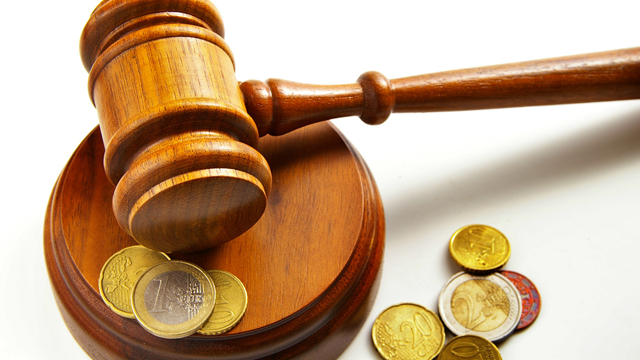EMI sues Ireland for reluctance to fight piracy

After last year’s failed attempt to force a local Internet provider to take action to block the pirates, the label decided to choose a bigger opponent. Yesterday, EMI Records sued Ireland for failing to comply with its obligations under EU law, which allows for “blocking, rejecting or interrupting Internet communications” that violate copyright laws.
In October 2010, High Court judge Peter Charleton admitted that record companies in Ireland (Warner, Universal, Sony and EMI) suffer losses from Internet piracy, but the laws that allow P2P participants to be disabled and websites blocked are not executed.
The case was opened by major labels headed by EMI, against a local UPC provider in an attempt to force it to discourage Internet piracy.
“It is not surprising that the legislative response formulated in our country in the Copyright and Related Rights Act of 2000, when the problem was not yet considered as threatening show business and retail, which it became by 2010, does not contain relevant provisions , blocking, rejecting or interrupting Internet communications aimed at infringing copyright, ”said the judge when making the decision.
')
The judge noted that, due to the lack of relevant provisions, Ireland is not fulfilling its obligations under European law.
To solve this problem and appease the labels, at the end of 2011, the Irish government promised to issue a decree allowing holders of rights to sue providers for providing services that can provide access to sites that violate copyright.
However, despite assurances from the Irish government, the EMI, which had previously threatened to sue the state if the promised actions were not taken, seemed to have lost patience before the end of the second week of January.
Yesterday, EMI Records (Ireland) filed a lawsuit against Ireland for failing to correctly implement certain provisions of EU copyright law.
Lawyer and lecturer at Dublin University College TJ McIntyre believes that labels rely on the principle that state reparation is possible if three conditions are met.
“Firstly, the result prescribed by the resolution should imply the granting of rights to individuals; secondly, it should be possible to identify the contents of these rights on the basis of the provisions of the decree, ”he writes.
McIntyre adds that the third condition, according to which there must be a “causal relationship” between the violation of the state's obligation and the losses suffered by the labels, can be problematic.
“Establishing a causal relationship between Irish law and file sharing will be difficult, especially given the well-known experience of blocking inefficiency,” he concludes.
Blocking sites may be the last hope of labels. During the investigation into the legality of the “three warnings” regime used by the Irish provider Eircom, in December the data protection ombudsman decided that this practice should be suspended on the basis of privacy.
Translator's note: the text is translated in draft, no proofreading was performed. There may well be errors. Remarks and corrections are better to send a personal message.
The translation was made using the service translated.by , to which I have nothing to do, but I want to share knowledge about this handy tool integrated with my favorite online dictionary Multitran with other translators.
Source: https://habr.com/ru/post/136120/
All Articles